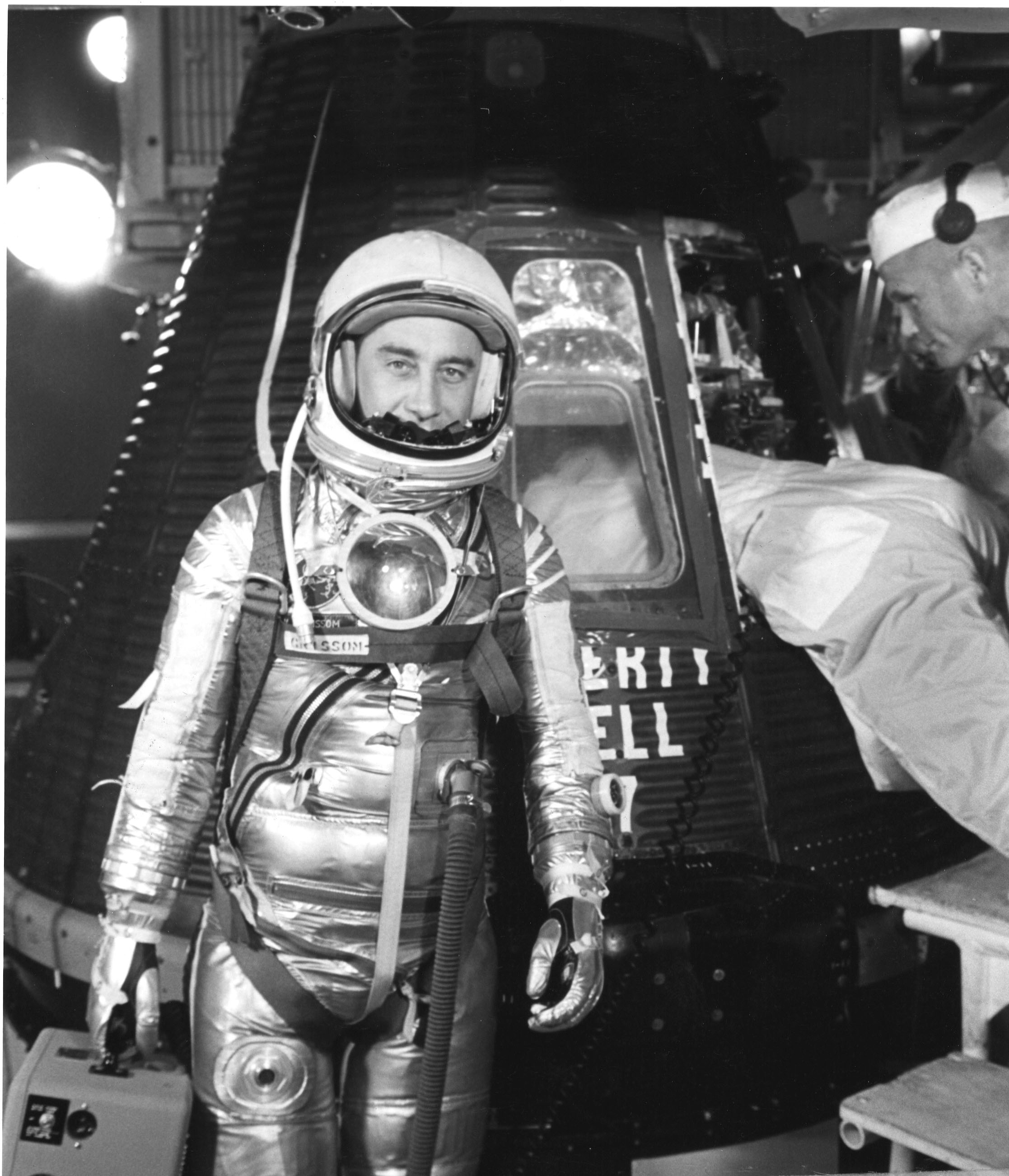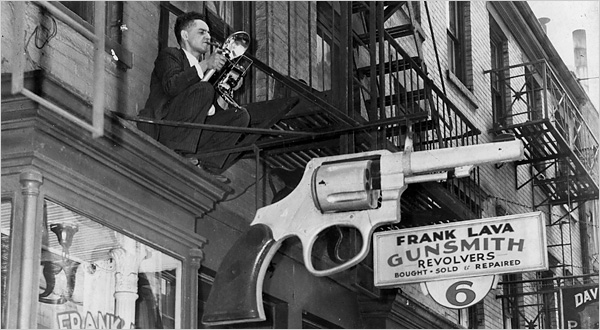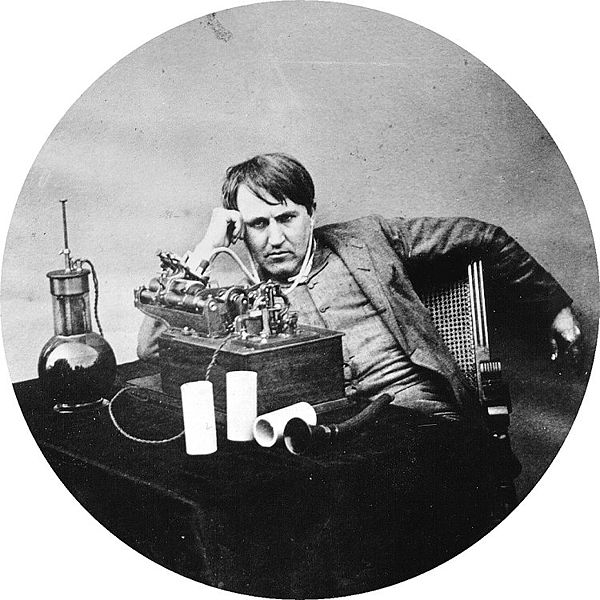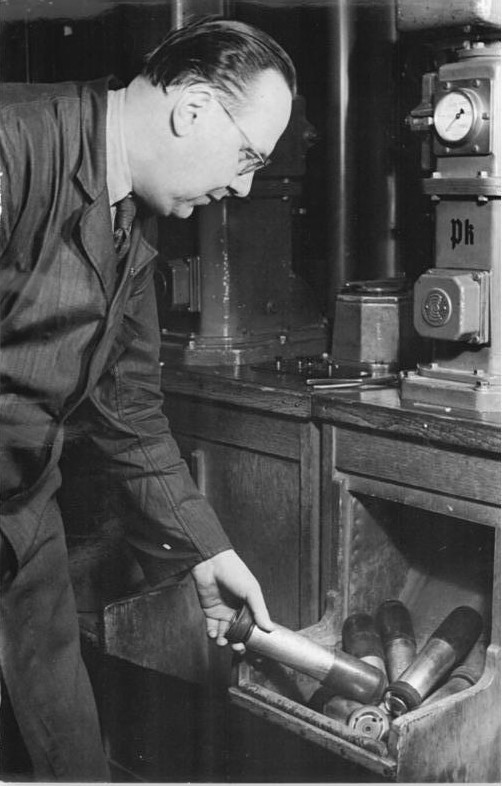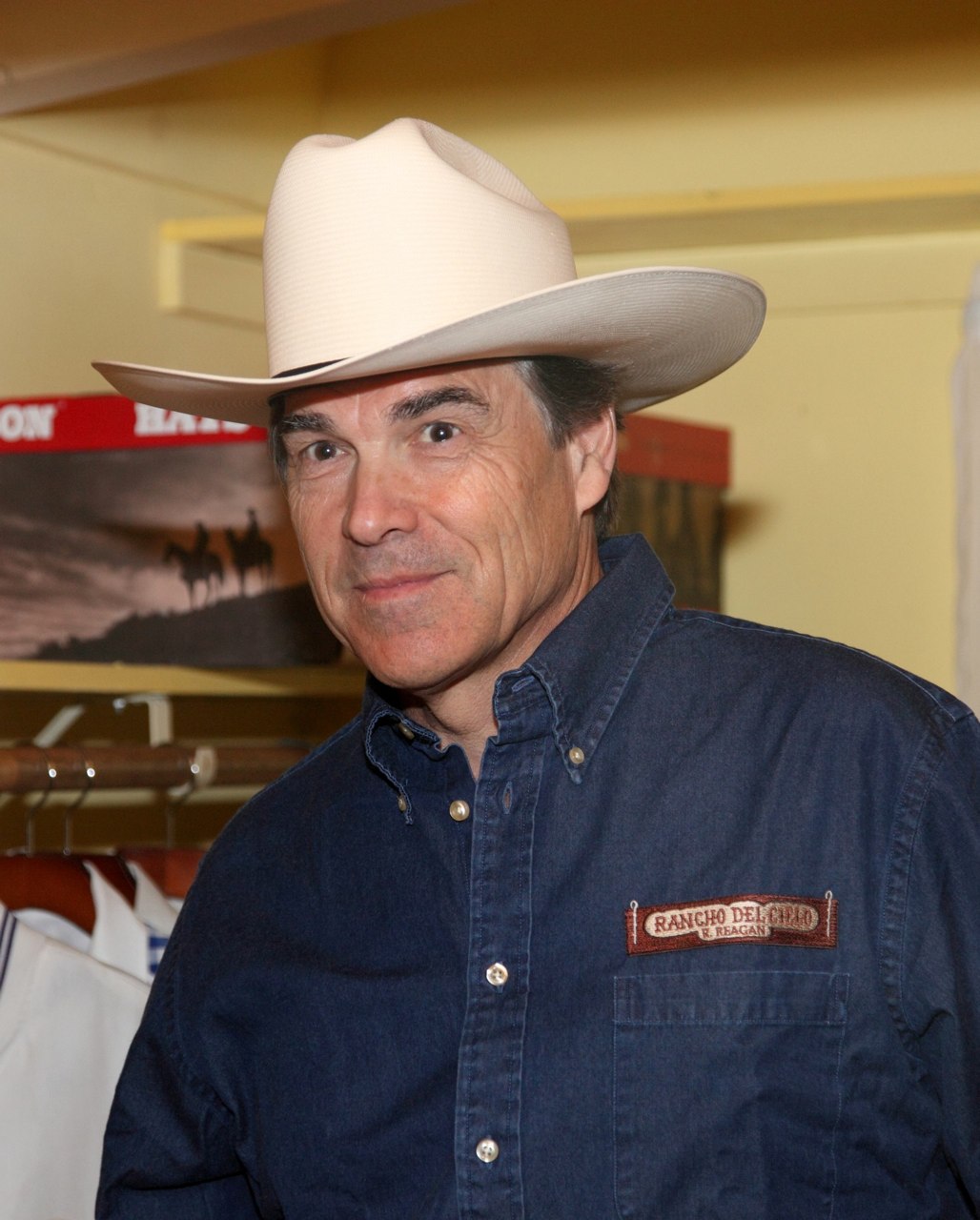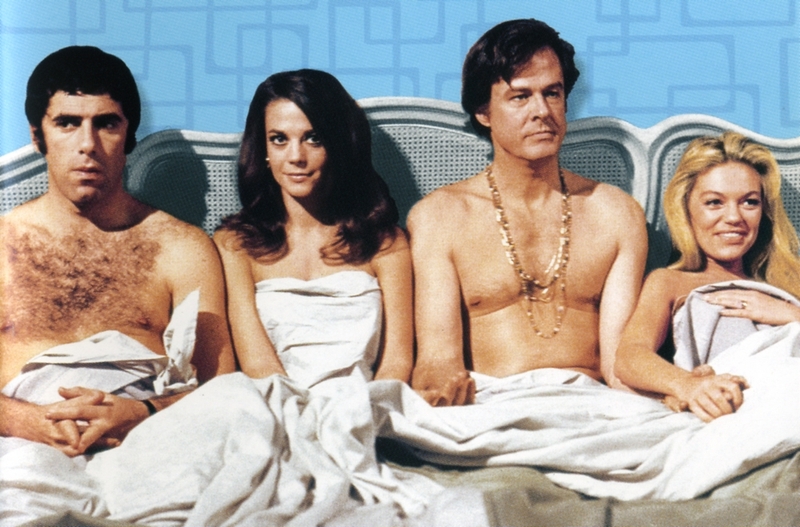Mike Wallace interviews the Shah of Iran, 1976. Three years later, the Shah would flee into exile.
You are currently browsing the yearly archive for 2011.
In World Policy, sci-fi writer Neal Stephenson vents about the diminishing of the American space program, and what it says about our nation’s capacity for executing large-scale, top-down, risk-heavy endeavors. The opening:
“My lifespan encompasses the era when the United States of America was capable of launching human beings into space. Some of my earliest memories are of sitting on a braided rug before a hulking black-and-white television, watching the early Gemini missions. This summer, at the age of 51—not even old—I watched on a flatscreen as the last Space Shuttle lifted off the pad. I have followed the dwindling of the space program with sadness, even bitterness. Where’s my donut-shaped space station? Where’s my ticket to Mars? Until recently, though, I have kept my feelings to myself. Space exploration has always had its detractors. To complain about its demise is to expose oneself to attack from those who have no sympathy that an affluent, middle-aged white American has not lived to see his boyhood fantasies fulfilled.
Still, I worry that our inability to match the achievements of the 1960s space program might be symptomatic of a general failure of our society to get big things done. My parents and grandparents witnessed the creation of the airplane, the automobile, nuclear energy, and the computer to name only a few. Scientists and engineers who came of age during the first half of the 20th century could look forward to building things that would solve age-old problems, transform the landscape, build the economy, and provide jobs for the burgeoning middle class that was the basis for our stable democracy.” (Thanks Browser.)
••••••••••
“You became a learning machine”:
Tags: Neal Stephenson
I don’t agree with everything Ted Koppel says in this video about information overload, but it’s an interesting take.
Tags: Ted Koppel
The Solyndra boondoggle is already a politicized hand grenade, but as anyone in venture capital will tell you, investing in the future doesn’t ensure return. Malfeasance should always be remedied, but fear of failure will guarantee no success. From “A Waste of Energy?‘ by the New Yorker‘s reliably lucid James Surowiecki:
‘Of course, some think the Solyndra failure shows that the government isn’t investing smartly. But, while government subsidies have built-in problems—most obviously, some money will go to projects that would have happened anyway—there’s little sign that the Department of Energy has handed out money recklessly: the vetting process, which relied on three thousand outside experts, was unusually rigorous. Solyndra was a wager that went wrong, but failure is integral to the business of investing in new companies; many venture capitalists will tell you that, of the companies they fund, they expect a third, if not more, to fail. By those standards, the government is actually doing pretty well so far: under the stimulus program, the D.O.E. has handed out nearly twenty billion dollars in loan guarantees to renewable-energy companies, and only Solyndra has defaulted, accounting for a small fraction of the money guaranteed. Solyndra’s failure isn’t a reason for the government to give up on alternative energy, any more than the failure of Pets.com during the Internet bubble means that venture capital should steer clear of tech projects.”
Tags: James Surowiecki
ABC News from September 6, 1972, in the wake of the kidnapping and murder of numerous Israeli Olympic athletes by Black September terrorists at the Munich Games. Howard K. Smith at the anchor desk, with reports by young correspondents Peter Jennings and Ted Koppel.
Tags: Howard K. Smith, Peter Jennings, Ted Koppel
I’m puzzled by a comment in Bill Keller’s cautionary Op-Ed piece in the New York Times yesterday about the likely near-future proliferation of online higher education. It’s the following line that irks me:
“And it’s not at all clear that online students learn the most important lesson of all: how to keep learning.”
College–on campus or online–is a good place to learn. If you want to be a professional (e.g., neurosurgeon, district court judge), it’s obviously essential. But one thing it’s not needed for is to teach people how to keep learning. Because of the Internet there’s more (and more vital) information available to people than at any time in the history of humankind. All it takes to become smart today is a basic education and the will to learn. The main thing is to not wait for the delivery of information through someone else’s “channel” (which might not be the best or deepest kind of info), but instead to seek it out. That only requires common sense, not an uncommon education. And considering how many unsophisticated thinkers emerge with college diplomas, it’s better to be an autodidact with a curious mind than a college graduate without one.•
What if this day happened already?
That we all are in a big time loop? That this isn’t the first time 2011 happened. But it is like the 100th 2011! Wouldn’t that be crazy? Amazing how the universe might actually be going like that.
The term déjà vu is French and means, literally, “already seen.” Those who have experienced the feeling describe it as an overwhelming sense of familiarity with something that shouldn’t be familiar at all. Say, for example, you are traveling to England for the first time. You are touring a cathedral, and suddenly it seems as if you have been in that very spot before. Or maybe you are having dinner with a group of friends, discussing some current political topic, and you have the feeling that you’ve already experienced this very thing — same friends, same dinner, same topic.
The phenomenon is rather complex, and there are many different theories as to why déjà vu happens. Swiss scholar Arthur Funkhouser suggests that there are several “déjà experiences” and asserts that in order to better study the phenomenon, the nuances between the experiences need to be noted. In the examples mentioned above, Funkhouser would describe the first incidence as déjà visite (“already visited”) and the second as déjà vecu (“already experienced or lived through”).
As much as 70 percent of the population reports having experienced some form of déjà vu. A higher number of incidents occurs in people 15 to 25 years old than in any other age group.
Déjà vu has been firmly associated with temporal-lobe epilepsy. Reportedly, déjà vu can occur just prior to a temporal-lobe seizure. People suffering a seizure of this kind can experience déjà vu during the actual seizure activity or in the moments between convulsions.
Since déjà vu occurs in individuals with and without a medical condition, there is much speculation as to how and why this phenomenon happens. Several psychoanalysts attribute déjà vu to simple fantasy or wish fulfillment, while some psychiatrists ascribe it to a mismatching in the brain that causes the brain to mistake the present for the past. Many parapsychologists believe it is related to a past-life experience. Obviously, there is more investigation to be done.
AlphaDog, from the good people at Boston Dynamics. (Thanks Physorg.)
From the San Francisco Chronicle, a story about the complications that attend police officers wearing video cameras attached to their chests;
“In a Bay Area first, a fatal shooting by police in East Oakland was captured on video – not by a bystander with a camcorder or a smart phone but by the officer himself, who wore a city-issued camera on his chest.
Oakland police officials will not say what the footage from Sept. 25 depicts, citing an ongoing investigation. But the fact that the shooting was captured at all illustrates a profound change in law enforcement, with officers increasingly strapping on cameras along with their guns, radios and handcuffs.
The incident is already raising thorny questions, principally this: When an officer films his own killing of a suspect, should that officer be allowed to review the footage before making a statement to investigators?
Then there’s this: In the weeks and months ahead, will the video be made available to the public or the media?”
At the American, Vaclav Smil argues that Steve Jobs shouldn’t be compared to Thomas Edison. An excerpt:
“I have no desire to disparage or dismiss anything Jobs has done for his company, for its stockholders, or for millions of people who are incurably addicted to incessantly checking their tiny Apple phones or washing their brains with endless streams of music—I just want to explain why Jobs is no Edison.
Any student of the history of technical progress must be struck by the difference between the epochal, first-order innovations that take place only infrequently and at unpredictable times and the myriad of subsequent second-order inventions, improvements, and perfections that could not have taken place without such a breakthrough and that both accompany and follow (sometimes with great rapidity, often rather tardily) the commercial maturation of that fundamental enabling advance. The oldest example of such a technical saltation was when our hominin ancestors began using stones to fashion other stones into sharp tools (axes, knives, and arrows). And there has been no more fundamental, epoch-making modern innovation than the large-scale commercial generation, transmission, distribution, and conversion of electricity.”
________________________
Edison talks:
Tags: Steve Jobs, Thomas Edison, Vaclav Smil
America has always had its conspiracists, not just now. But as the media has become less centralized and more diffuse–largely a good thing–the fringe element has been able to enter the mainstream with greater ease. Maybe it’s better they’re out in the open. Phil Donahue interviews militia members, 1994.
Tags: Phil Donahue
I just stumbled onto “In 2010, We Will Live On The Moon,” a 2009 Slate article by Paul Collins that recalls the dreamy, breathless futurism of the late, lamented science magazine, Omni, which was the brainchild of weathered pornographer Bob Guccione and his lucky bride, Kathy Keeton. An excerpt:
“But the only place you’ll find Omni for sale today is in a junk shop or on eBay. To look over old issues of Omni is to experience equal parts amazement (a science mag by Penthouse‘s founder interviews Richard Feynman?) and amusement (by 2010, robots will—yes!—”clean the rug, iron the clothes, and shovel the snow.’) It was in a 1981 Omni piece that William Gibson coined the word ‘cyberspace,’ while the provoking lede ‘For this I spent two thousand dollars? To kill imaginary Martians?’ exhorted Omni-readers to go online in 1983—where, they predicted, everything from entire libraries to consumer product reviews would soon migrate. A year later, the magazine ran one of the earliest accounts of telecommuting with Doug Garr’s ‘Home Is Where the Work Is,’ which might have also marked the first appearance of this deathless standby of modern reportage: ‘I went to work in my pajamas.’
Then again, that same issue predicted the first moon colony in 2010; supplied with ‘water in the shadowed craters of the moon’s north pole’ (not a bad guess), it might be attacked by ‘space-based Soviet particle-beam weapons.'”
••••••••••
Omni magazine commercial, 1978 (with voiceover by Guccione):
Tags: Bob Guccione, Kathy Keeton, Paul Collins
There was a pneumatic-tube postal system delivering mail between Brooklyn and Manhattan in the years right before and after 1900, though efforts to make considerable expansions to the service met with resistance. An article from the May 21, 1902 Brooklyn Daily Eagle:
The Pneumatic Tube Postal Commission has apparently concluded that it is not worth while to extend the pneumatic service in this borough beyond the former limits. This is not because the commission thinks badly of the propositions recently submitted by Postmaster Roberts. With these there could have been no reasonable ground for quarrel. Had it been possible to carry them out in their entirety the result would have been of great benefit to Brooklyn in improving the postal service of the borough by connecting the main office with outlying stations with which communication is at present not nearly so expeditious as it might be. But the law authorizing the making of contracts with the tube companies stood in the way of Mr. Roberts’ plan with a provision that not more than 4 per cent of the postal revenues of a city shall be used for the installation of a pneumatic service. After the Brooklyn and New York offices have been joined together, as they were a few years ago, the commission estimates that not more than $60,000 will be available for the extensions asked by Postmaster Roberts. At an estimated maximum cost of $17,000 per mile this expenditure would give to Brooklyn something more than three miles of local extensions, but the commission is inclined to consider that in this case half a loaf is worse than no bread, and will therefore decline to authorize the extensions until such time as more money is made available.
There is no doubt that the postal service of Brooklyn would be materially improved even by the expenditure of so small a sum as $60,000. Why wait until more money is available? Why not extend as far as possible with what funds are at hand and trust to the future for the complete realization of plans that for the present must be either mollified or abandoned altogether? If we cannot get what we ought to have by all means let us have what we can get.•
Tags: Postmaster Roberts
I don’t share Nick Carr’s angst over e-book readers not adopting the look and functionality of dead-tree books, but he eloquently makes a true point about a new medium initially mimicking–if only in spirit–what preceded it:
“The future arrives wearing the clothes of the past. The first book that came off a printing press – Gutenberg’s Bible – used a typeface that had been meticulously designed to look like a scribe’s handwriting:
The first TV shows were filmed radio broadcasts. The designers of personal computers used the metaphor of a desk for organizing information. The world wide web had ‘pages.’ The home pages of online newspapers mimicked the front pages of their print editions. As Richard Goldstein succinctly put it, ‘every novel technology draws from familiar forms until it establishes its own aesthetic.’ It’s tempting to look at the early form of a new media technology and assume that it will be the ultimate form, but that’s a big mistake. The transitional state is never the final state. Eventually, the clothes of the past are shed, and the true nature, the true aesthetic, of the new technology is revealed.
So it is with what we call ‘electronic books.’ Amazon’s original Kindle was explicitly designed to replicate as closely as possible the look and feel of a printed book.”
Tags: Nick Carr
Rare interview with the incredible Peter Sellers, who hated appearing out of character and seldom did chat shows. From 1974, a decade after an experimental pacemaker saved his life, and five years before he starred in Being There.
Tags: Michael Parkinson, Peter Sellers
Interesting take by Mimi Swartz in the Sunday Times Magazine on Rick Perry and his Presidential aspirations facing an Old South-New South divide. Swartz, executive editor at Texas Monthly, has a bird’s-eye view of the backstabbing and jockeying. An excerpt:
“What is surprising is the situation among Republicans. ‘There’s no doubt that there’s been a split in the Republican Party in Texas between the country-club wing and the much more conservative base segment of the party,’ says Matt Mackowiak, an Austin-based political consultant and a Perry supporter. That divide is only going to expand. When Karl Rove takes digs at the governor on The Wall Street Journal’s op-ed page, and when George H. W. and Barbara Bush endorse Perry’s gubernatorial primary competitor Kay Bailey Hutchison, that’s the sound of early salvos in an intrastate, intraparty class war.
This isn’t just about snobbery but about something far more important here: money. Texans who have spent zillions to brag about the state’s opera and ballet companies, and who have paid the likes of Santiago Calatrava for architectural gewgaws, also know that multinational corporations aren’t willing to locate in a place that has awful schools and toxic air and that wears its provincialism proudly.”
••••••••••
Santiago Calatrava’s Margaret Hunt Hill Bridge, Dallas, Texas:
Tags: Matt Mackowiak, Mimi Swartz, Rick Perry
A vast conspiracy (Our beloved USA)
Think all this political nonsense actually involves real differtences between Dems and Repubs and their allies and faithful followers? Hah! What no one understands is that ALL OF THESE GODDAMN POLITICAL CELEBRITIES ARE WORKING TOGETHER TO SCREW US ALL. Sarah Palin and Al Sharpton secretly put their money into interracial porn productions, then they attack each other, with both gaining publicity–and more money from naive contributors and organizations willing to pay tens of thousands of dollars to have Rev. Al and the Soccer Mom/Moosekiller Mom address their gatherings. Obama and John Boner pretend to be political enemies, but are carrying on sexual foursomes with their wives, negotiating government policy between blowing loads on Michele and What’s-her-name’s faces. Rick Perry is not a live human being, but a remote-controlled puppet who is programmed to make increasingly absurd statements so that The People and The Press will be so distracted they won’t see Chris Christie and Joe Biden sneaking off into a corner–and a corner is pretty hard for Christie to fit into–to discuss how the two parties will split next year’s election without the public’s learning about their back-channel contacts. Christie may be the living personification of a “fat cat,” but skinnier Joe Biden is just as bad. Has anyone noticed that Michele Bachmann has been spending a lot of private time with Rick Santorum lately? Santorum isn’t the Evangelical true believer he claims to be, but a crypto-Satanist hedonist free-love Mansonite who is schooling our sweet, sexy, crazy-eyed Michelle in the black arts. Remember, when you go black, you never go back!
Mark Twain wrote in the 1880s: “All politicians are scumbags. Some speak beautifully, some plainly, some stupidly. All are dangerous. All should be driven from power immediately and hanged by their heels. And be sure to buy The Adventures of Huckleberry Finn.”
The Wall Street protesters are right! We must destroy all political celebrities, Hollywood celebrities, celebrities of every kind. They suck the lifeblood from The People! Down with the Scarjo’s Leaked Naked Photos police state! Ka-BOOM!
Can your surgeon do this? (Thanks Wired.)
Some search-engine keyphrases bringing traffic to Afflictor this week:
- Classic Film: Bob & Carol & Ted & Alice (1969).
- Old Print Articles: Woman gets tarred and feathered (1860) + People afflicted with softening of the brain (1882).
- Classic Photographs: Hangar One, Moffet Field (1963) + Sajhih UFO houses (2008) + Sarin gas rabbit test (1970).
- Featured Videos: Mike Wallace doubts David Frost (1977) + Dick Cavett and Marshall McLuhan discuss TV and image (1970) + Marcel Duchamp explains the ready-made + Walt Disney discusses robotics (1963) + Steven Pinker on the history of violence + 60 Minutes report on movie piracy (1978) + Jimmy Carter tries to reform Washington ethics (1977) + NASA film about knowledge gathering (1971) + Looking back at Hiroshima (1985) + Frank Zappa profiled the year he died (1993) + Leonard Cohen turns 77 + Will rollerskating become an Olympic sport? (1977) + Concerns about the ozone layer (1986) + Architects use robots to build + Riderless bicycles and physics.
- Recently Posted on NYC’s Craigslist: The Dollar Menu at McDonald’s is too steep for me + I really need to call my sponsor + I’m very connected + Girlfriend edges out monkey.
- DARPA legend Stuart Wolf looks at life in 2030.
- David Stern should be replaced as NBA Commissioner.
- Jeff Bezos becomes the new Steve Jobs.
- Building cars that can read the thoughts of the driver.
- Software can predict when a revolution is about to occur.
- Some evangelicals have a bizarre fear of President Obama.
- Dan Snyder owns the American company with the most racist name.
- South Korean government pays citizens to become snitches.
- Robots are likely going to take all of our jobs.
- Edison’s Telephonoscope, as depicted in 1879.
- Scientific discovery sets off ugly academic battle.
- Artifical cerebellums implanted into rat brains.
- The Red Sox blew it, but team owner John Henry is still brilliant.
- Therapy sessions are now conducted via Skype.
- Spain uses motion sensors in public spaces to save energy.
- Even if it declines, Facebook will have staying power.
- Afflictor Nation: Great Britain still rules.
- This week’s Afflictor keyphrase searches.
In the aftermath of the 1960s tumult, social networks arose, but of a non-virtual sort. People gathered in circles, discussed their feelings and tried to come to a point where true intimacy could exist with their spouses and with others. Paul Mazursky’s comedy of manners, Bob & Carol & Ted & Alice, is interested in both spouses and the others, studying a pair of married couples racing to the front lines of the sexual revolution before the hand-to-hand ends.
Middle-aged journalist Bob (Robert Culp) and his beautiful wife, Carol (Natalie Wood), leave their kid behind to attend just such a weekend retreat. They’re ostensibly there at this groovy 24-hour crash course in intimacy so that Bob can write an article, but his long hair and mod clothes make it clear that Bob isn’t interested in growing old before he’s had a chance to be young.
Bob and Carol both emerge greatly changed, ready to open their minds and blouses and pants. Bob soon has an affair, and is taken aback when his suddenly non-judgemental wife doesn’t mind. Bob has a much tougher time dealing with his emotions when Carol beds her tennis pro, Horst. But soon he and Horst are drinking and laughing together, and Bob feels liberated from feelings of jealousy. But the acolyte swingers have a difficult time explaining their moral shift to their best friends, the uptight marrieds Ted (Elliot Gould) and Alice (Dyan Cannon). Ted and Alice are revolted—and perhaps just a wee bit curious.
When the four friends head to Atlantic City together for a weekend of gambling, they’re soon weighing whether or not to get their group on. Or as one member of the quartet puts it: “First we’ll have an orgy, and then we’ll go see Tony Bennett.”
Mazursky tries to find a balance in the concluding scenes, acknowledging the need to break down walls, but perhaps not every last one. An utter lack of boundaries can’t work, but are we any closer now, with all our connectedness, to finding a middle ground? What are we connected to? An icon? An identity? A “friend”? It brings to mind something uttered in the film’s consciousness-raising circle: “You chat…but you don’t really look at each other.”•
Tags: Dyan Cannon, Elliot Gould, Natalie Wood, Paul Mazursky, Robert Culp
This classic (and spooky) 1970 photo, taken by an unnamed Denver Post reporter and now housed at the Library of Congress, shows a worker at the Rocky Mountain Arsenal using a caged rabbit to detect leaks of Sarin gas, which that plant produced. Poor bunny. An odorless, colorless, lethal nerve gas, Sarin was used in the 1995 terrorist attacks in the Tokyo’s subway system. Rabbits weren’t the only ones exposed to the deadly gas. An excerpt from a 2002 Telegraph article, which stated that sarin was tested on British soldiers as recently as 1983:
“One former soldier who underwent a Sarin test in 1983 alleges that Government scientists assured him that there had never been problems with the nerve agent during previous experiments. He says he was not told that Ronald Maddison, an airman, died minutes after being tested with Sarin in 1953.
Ian Foulkes, 38, who was then a private in the 28th Signal Regiment, said: ‘I specifically asked them what the long-term implications of taking part in the tests were because I was not happy about it. Of course if they had mentioned what happened to Ronald Maddison I would not have taken part.'”
Tags: Ian Foulkes, Ronald Maddison
From the introduction of “Will Robots Steal Your Job?” a series of articles about the increasing IQ of artificial intelligence, by the resolutely excellent Farhad Manjoo at Slate:
“Artificial intelligence machines are getting so good, so quickly, that they’re poised to replace humans across a wide range of industries. In the next decade, we’ll see machines barge into areas of the economy that we’d never suspected possible—they’ll be diagnosing your diseases, dispensing your medicine, handling your lawsuits, making fundamental scientific discoveries, and even writing stories just like this one. Economic theory holds that as these industries are revolutionized by technology, prices for their services will decline, and society as a whole will benefit. As I conducted my research, I found this argument convincing—robotic lawyers, for instance, will bring cheap legal services to the masses who can’t afford lawyers today. But there’s a dark side, too: Imagine you’ve spent three years in law school, two more years clerking, and the last decade trying to make partner—and now here comes a machine that can do much of your $400-per-hour job faster, and for a fraction of the cost. What do you do now?”
••••••••••
“Bring it on”:
A 1986 CBS News report about a hole in the ozone layer. These “In the News” segments from the ’70s and ’80s were aimed at children and ran during breaks in cartoons on Saturday mornings. There is way more information available to kids (and everyone) today, but the delivery of it is seldom this impressive. Media functionality has grown exponentially more impressive while journalistic content has not followed.
World War 3 to begin soon. (Earth)
i’m no talking about the world series. i’m talking about the war that will end the modern mankind as we know it.
our govt. knows about it but will not stop it because they think we are going to come out on top, and that it will ultimately
boost our economy, especially the funeral businesses. over 566 million will die in this war, with the US wiped out almost completely.
it will start when IRAn launches a nuclear attack on Israel who will retaliate by wiping out the rest of the middle east, as it finally sheds its
victim status. germany will then bomb and destroy Israel wiping out the tiny jewish state. this will trigger a series of attacks by CHINA, in their
attempt to be the number one super power. the US will reluctantly step in again to save europe but this time it will not be successful as CHINA will
send nuclear bombs via Europe which they have taken over, on to the US. In the end their will be a new chaos in the world. Finally Russia seeing CHina’s bad intentions will launch bombs into CHINA, and china will retaliate. when the smoke clears both countries will be barren, and full of nuclear dust.
You may be asking how i know all this. trust me on this one. I KNOW. this aint no joke. i have inside info. how do you plan for it? good question, but no answer. just enjoy your last few weeks is the best i can offer. you can act with dignity or stoop to the lowest intentions, knowing you will get away with anything. i hope you choose the latter.
your friend god

